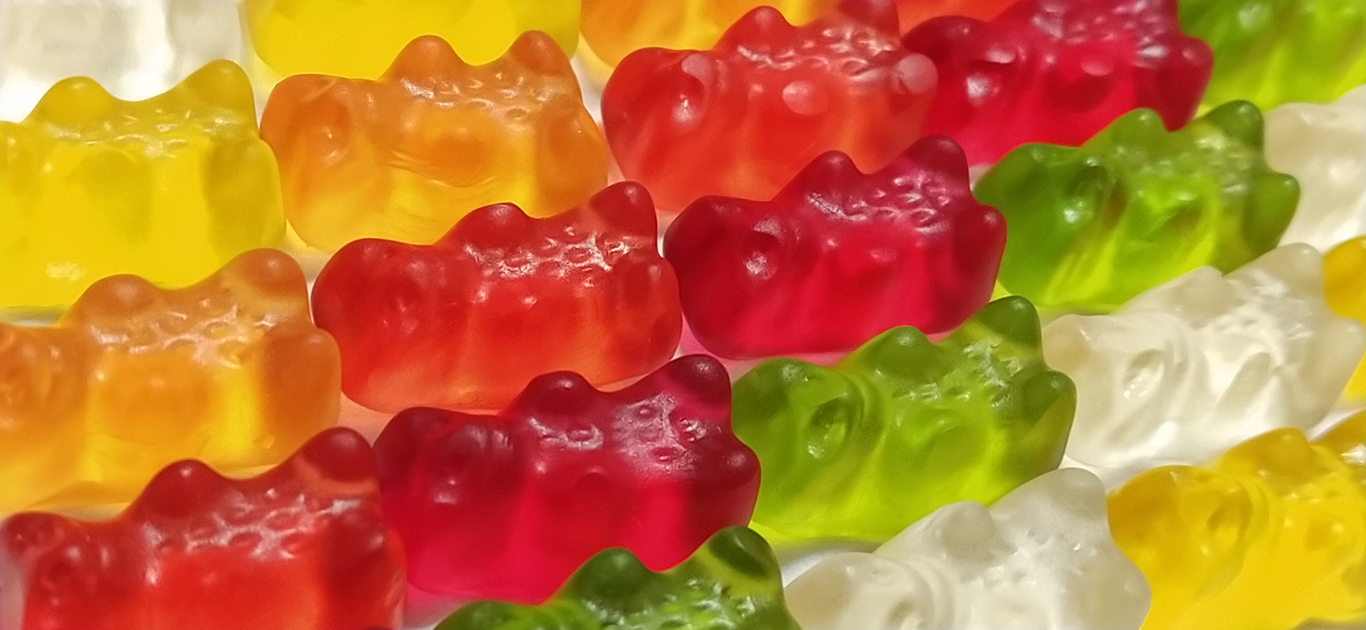Maltitol in Christmas Products
During the Christmas season, it is possible to find a variety of products containing maltitol, especially those designed for people looking for low-sugar or reduced calorie alternatives.
The terms “sugar-free” or “no added sugar” that accompany nougats and Christmas sweets do not mean the same thing, according to new EU rules. Stringent EU legislation on health claims on foods requires manufacturers to be very careful about the messages they include on their products, clearly differentiating between the terms “sugar-free”, “low sugar”, “low calorie” or “light”.
In recent years, a whole production and sale of “sugar-free” products associated with the concept of health care and slimming, or at least the possibility of not putting on weight, has developed. The fact is that many consumers do not want to neglect their diet, even at Christmas. This has meant that, in recent years, the most important innovations in Christmas nougats and sweets have been a wide range of healthier products. Maltitol and maltitol syrup are the sweeteners most commonly used in nougat and other Christmas sweets, replacing sucrose (common sugar) and honey, the basic ingredients in the production of these products. They are a type of sugars (alcohol sugars or polyols) which, due to their particular chemical composition, are not absorbed in their entirety in the intestine
Some of the Christmas products that may contain Maltitol include
Sugar-free nougats: Nougats are traditional Christmas sweets in many cultures. Some brands produce sugar-free versions sweetened with maltitol or other low-calorie sweeteners. Nougats containing maltitol are usually indicated in the ingredient list or on the nutrition label. Christmas biscuits are often popular at this time of year. There are sugar-free versions that use maltitol as a sweetener.
Sugar-free chocolates: Christmas chocolates are often offered in sugar-free versions for those who wish to enjoy chocolate without the regular sugar content. These products may contain maltitol.
Sugar-free cakes and pastries: Some brands produce sugar-free Christmas cakes and pastries, using maltitol or similar sweeteners to sweeten. Sugar-free sweets and candies: At Christmas time, it is common to find sugar-free sweets and candies that are sweetened with maltitol.
Crumbly Christmas biscuits: In some cases, you can find versions of crumbly Christmas biscuits that use maltitol or other sugar-free sweeteners instead of regular sugar. This is done to offer healthier options, especially for those who need to control their sugar intake, such as people with diabetes or those looking to reduce their calorie intake. If a crumbly Christmas biscuit is sweetened with maltitol, it is likely to be advertised on the product label as “sugar-free” or “sweetened with maltitol”.
In general, the use of maltitol in CHRISTMAS PRODUCTS (biscuits, nougats, chocolates and other sweets) may provide friendlier options for those seeking low-calorie or sugar-free alternatives. In either case, it is crucial to consume these products in moderation.







